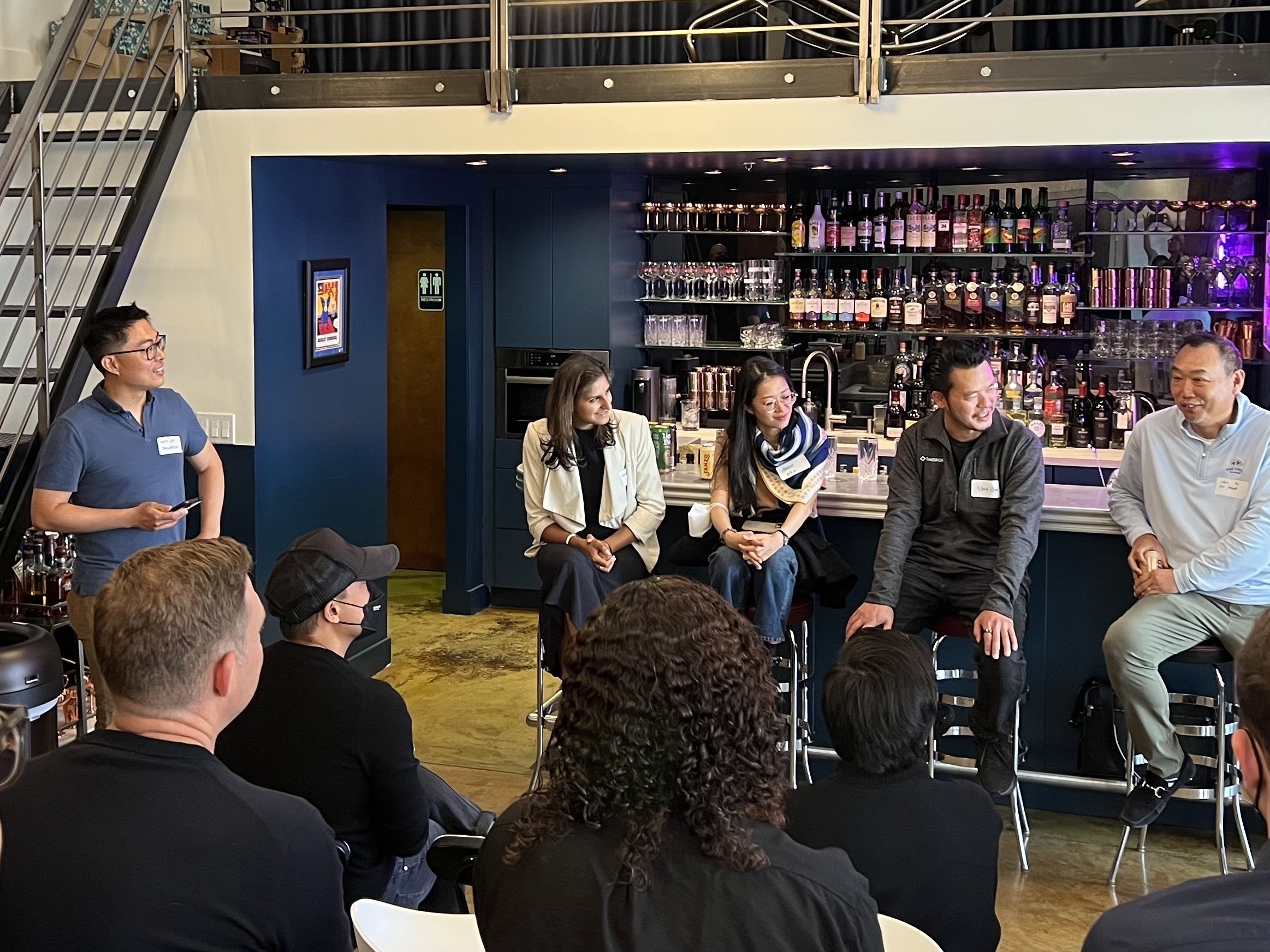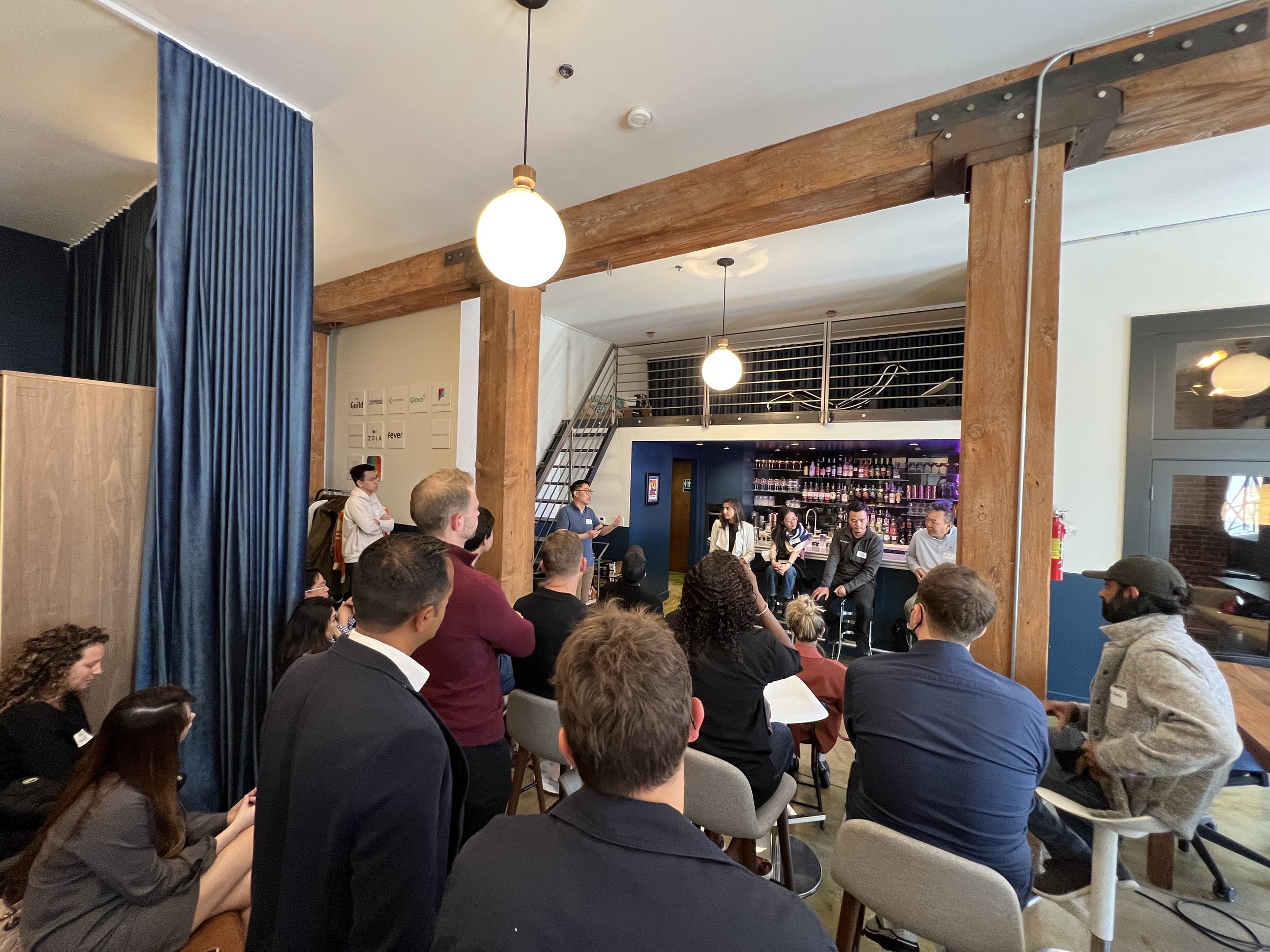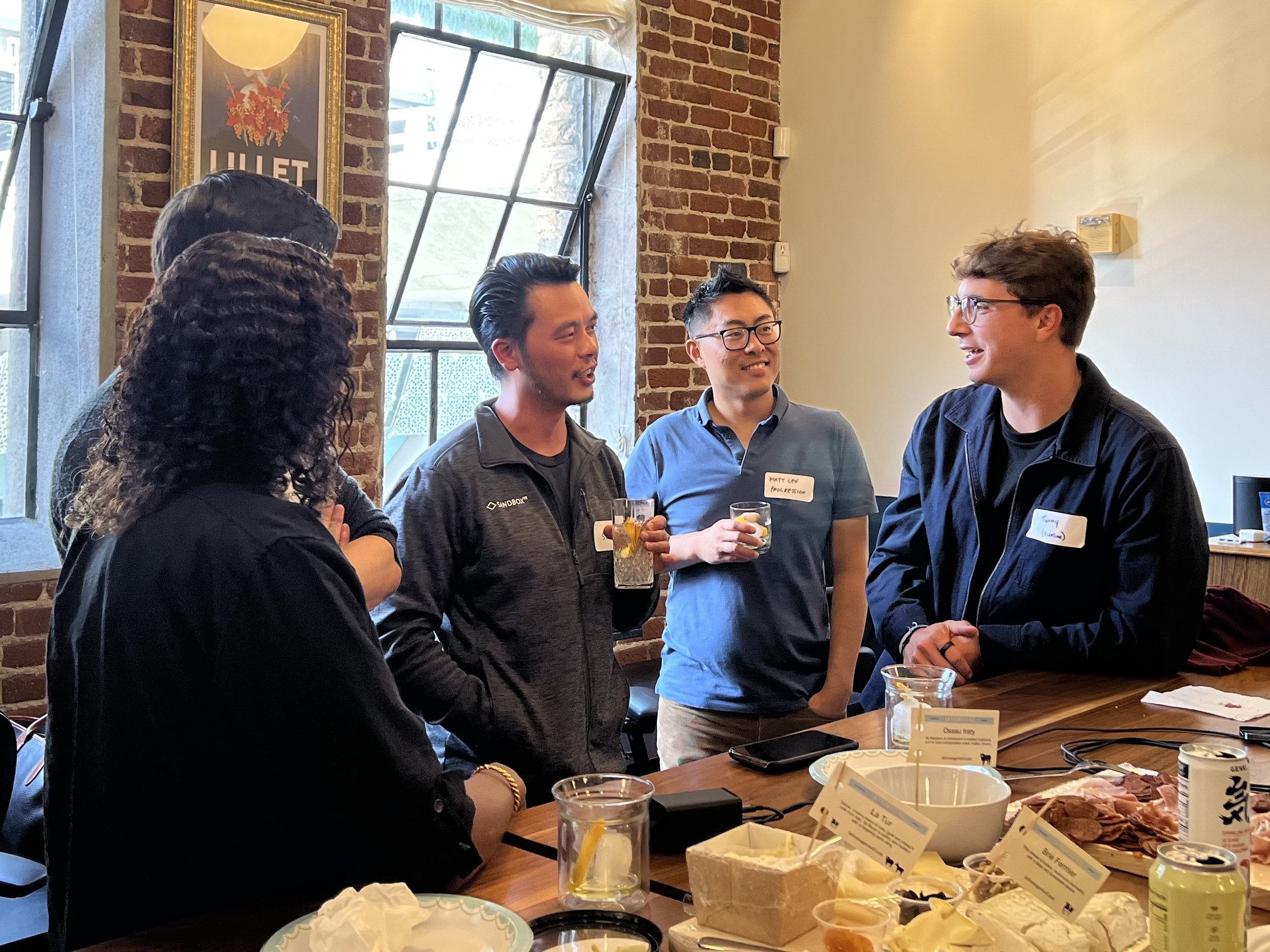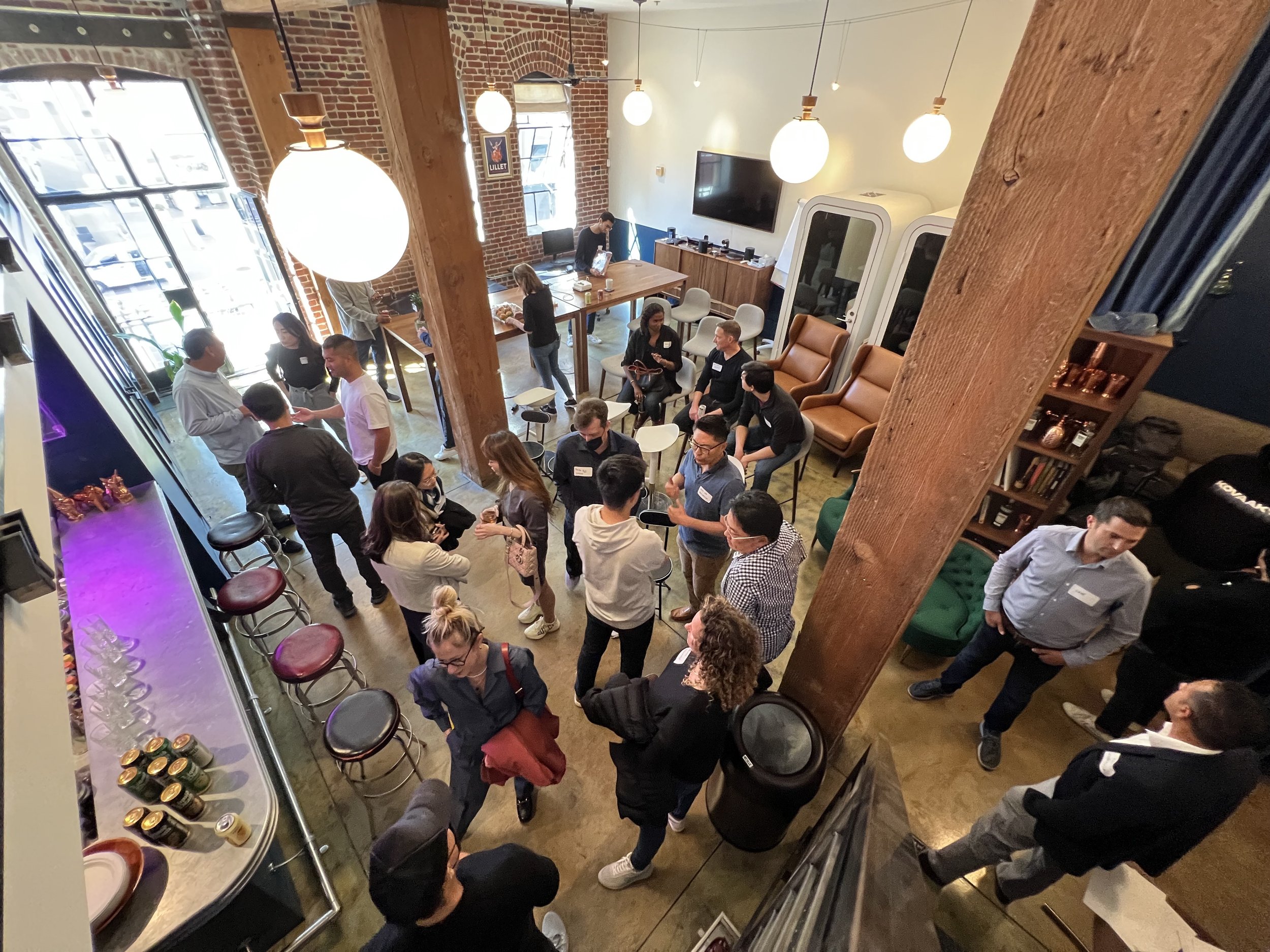Building Companies During Down Cycles
Progression launched in July 2020 to invest in the next generation of consumer companies. In less than 2 years, its community has grown to include ~100 LPs and 50+ founders who share an interest in how generational differences, technological advancements, and historical events drive emerging behavior shifts.
I was thrilled to join Progression as an Associate in June. With a background in marketing and partnerships — first at Refinery29 (a digital media company acquired by VICE Media Group) and most recently Astralis (a Danish esports startup) — I entered the VC world curious about life on the other side of the table and, with the partners’ guidance and support, dove into learning about everything from deal flow and diligence to fund formation and operations. Given my start timing, one major question on my mind was: What does the current market mean for investors and founders?
Recently, in San Francisco, the Progression community gathered to connect, toast to two years, and discuss the timely topic of building companies during down cycles. Medha Agarwal (Redpoint), Anne Lee Skates (a16z), Steven Zhao (Sandbox VR), Jun Li (SV Tech Ventures) shared insights from their past experiences investing in new companies, advising CEOs, and rebuilding (in one case, after filing Chapter 11, no less!) during downturns.
Below are some key takeaways from the conversation, in which the panelists encouraged founders to navigate the challenges with a focus on ruthless prioritization, sustainable growth, and transparent leadership.
L to R: Matthew Lee (Progression), Medha Agarwal (Redpoint), Anne Lee Skates (a16z),
Steven Zhao (Sandbox VR), Jun Li (SV Tech Ventures)
Ruthless prioritization - CEOs are constantly making tough decisions for their businesses. A potential pitfall during down cycles is waiting too long to make the hard choice. After all, runway is finite. And it takes time to see the results of changes in strategy, focus, resource allocation, etc. Reflect on whether and how your company is truly adding value. Then focus on what you want to work on, ensuring every action is designed to improve your business. A big mistake is waiting to see what will happen in the next quarter.
Sustainable growth - Whereas previous standards upheld growth at all costs, investors are now focused on finding a balance between growth and steady underlying business fundamentals. Their eyes are on sustainable revenue, unit economics, and CAC. Map out what the next two to three years might look like with no additional funds raised. And while your strength as a founder may be a bias toward ambition and hope, tap into your exec team and your community for additional perspectives to keep you honest and focused.
Transparent leadership - Once you’ve mapped out a plan forward for your business, communicate transparently. Share your message with your team members clearly and consistently. Then execute and update regularly. New considerations and unexpected outcomes may arise along the way, so keep spending time checking in with your team. And remember, the best way to be in a position to grow your team — to make new hires and invite back great talent — is for your company to make it through the down cycle stronger than ever.
L to R: Dr. Katrina Roundfield (Appa Health), Sean Woodruff (Appa Health), Steve Zhao (Sandbox VR), Matthew Lee (Progression), Tommy Searle (Wellnest)
The panelists agreed that building companies during a down cycle — especially for the first time — is daunting. There is a lot of doom and gloom surrounding discussions on how to make it through. They also agreed, however, that a downturn doesn’t have to be a bad thing. Founders are finding ways to establish and lead enduring companies. And the companies that are able to survive will emerge even stronger.
—
A big thank you from Progression to our gracious host Convivialité Ventures, generous panelists, resilient founders and broader community. To hear about similar upcoming events, follow Progression on LinkedIn. We hope to see you next time!



